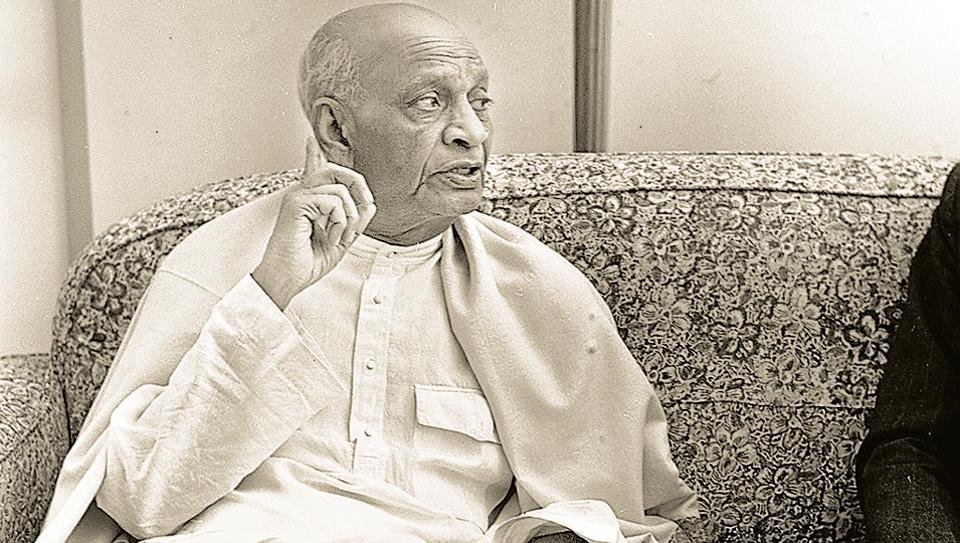
|
Getting your Trinity Audio player ready...
|
The opposition’s criticisms do not hold. The government’s move is legally sound. Kashmir is an internal affair.
Through a Presidential Order, the Narendra Modi government has taken the teeth out of Article 370. The government used clause 3 of the same article to undo it. Clause 3 empowers President to make any changes to this article by way of a “public notification”. It comes with a proviso that mandates recommendation of the Constituent Assembly of the state for any such action of the President.
Opposition parties and some legal minds are raising questions on the basis of this proviso. Two things need to be understood.
Firstly, the Constituent Assembly has taken the form of the state legislature; and when the state is under President’s rule, the powers of the state legislature automatically transfer to the President of India.
Secondly, the governments in the past had affected 44-45 amendments to this article, starting with replacing Maharaja with Sadr-e-Riyasat in 1952. On all these occasions, the same Presidential Order route was adopted. The amendments were subsequently adopted by the state legislature, and incorporated in the state’s constitution. It is the same this time around, too.
Some respected members in the House have argued that Kashmir is not purely an internal issue, and it has international ramifications. In 1994, during PV Narasimha Rao’s prime ministership, the Parliament had unanimously declared that the only outstanding issue between India and Pakistan is the status and future of Pakistan occupied Kashmir. If it were an international issue, why was the same argument not invoked in the past when article was amended 45 times?
We must overcome this Himalayan confusion that Kashmir is an international issue. We have to confidently say that it is our internal matter. We gave the state an article as a temporary provision some seven decades ago; we amended it several times, and now decided to completely undo it. Everything is the prerogative of the Indian State and Parliament.
Some learned members tried to drag Vallabhbhai Patel into the discussion, implying wrongly that he was instrumental in bringing Article 370. One member went to the extent of saying that Patel wanted Kashmir to be given away to Pakistan. There can’t be a bigger lie than this.
Firstly, Patel had not dealt with the Kashmir matter at all. He was preoccupied with Junagadh and Hyderabad after completing the task of integration of over 535 princely states in the Indian dominion. Legally speaking, Kashmir too should have gone to him. But Prime Minister Jawaharlal Nehru decided that a leader from Madras province, N Gopalaswami Ayyangar, who had worked as the prime minister under the Maharaja of Kashmir, would handle it. Patel was not happy, and conveyed his reservation to Nehru.
Nehru replied to Patel on December 27, 1947: “Gopalaswami Ayyangar has been especially asked to help in Kashmir matters. Both for this reason and because of his intimate knowledge and experience of Kashmir, he had to be given full latitude. I really do not know where the States Ministry (Sardar Patel’s ministry) comes into the picture except that it should be kept informed for the steps taken. All this was done at my instance and I do not propose to abdicate my functions in regard to matters for which I consider myself responsible. May I say that the manner of approach to Gopalaswamy was hardly in keeping with the courtesy due to a colleague.”
Upset, Patel decided to resign. Gandhiji intervened. Those Congress leaders invoking Patel’s name must remember that when the question of providing special status to Kashmir came up before the Congress Working Committee in 1948, no leader, except Abul Kalam Azad and Ayyangar, was in favour of it. Nehru was in America. He had to turn to Patel with a request that he should intervene and convince the party organisation.
In politics, leaders sometimes follow the orders of their superiors irrespective of their personal views.
As it happens now, it happened then also with Patel. Faced with the dilemma of championing a proposal in which his heart wasn’t there, or inviting criticism that he pursued policies against Prime Minister Nehru, Patel opted for the first. He brought back Nehru’s proposal and convinced the organisation to honour it. Patel didn’t live long enough to see the ill-effects of it. But in his absence, Nehru blatantly lied in the Parliament in 1952 when he said: “Sardar Patel was all the time dealing with these matters.”
It surprised even Ayyangar. V Shankar, Sardar’s biographer, quotes Ayyangar as bemoaning: “It is an ill-return to the Sardar for the magnanimity he had shown in accepting Panditji’s point of view against his better judgment.” Shankar also writes that Patel was never in agreement with Nehru’s approach and even commented: “Nehru royega” (Nehru will repent).
That being the history, efforts to distort it on the sacred floor of the House are most intriguing.
“I don’t want future generations to curse me that these people when they got an opportunity, didn’t do it and kept this ulcer in the heart of India,” said Sardar Patel on September 13, 1948, in the context of his bold action in Hyderabad. Narendra Modi and Amit Shah must have thought the same way when they decided to bring in this historic amendment.
(The article was originally published in Hindustan Times on August 6, 2019. Views expressed are personal)



